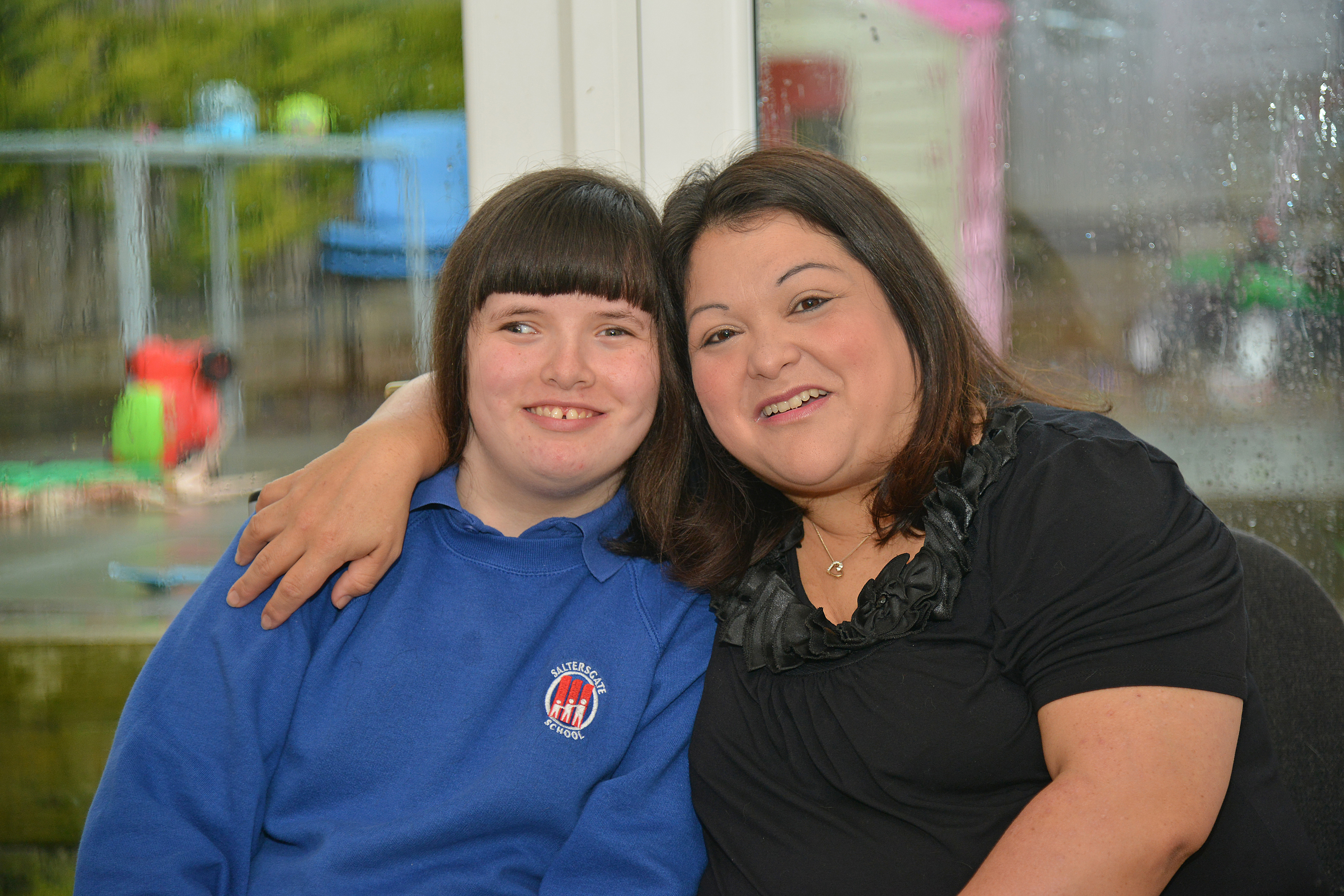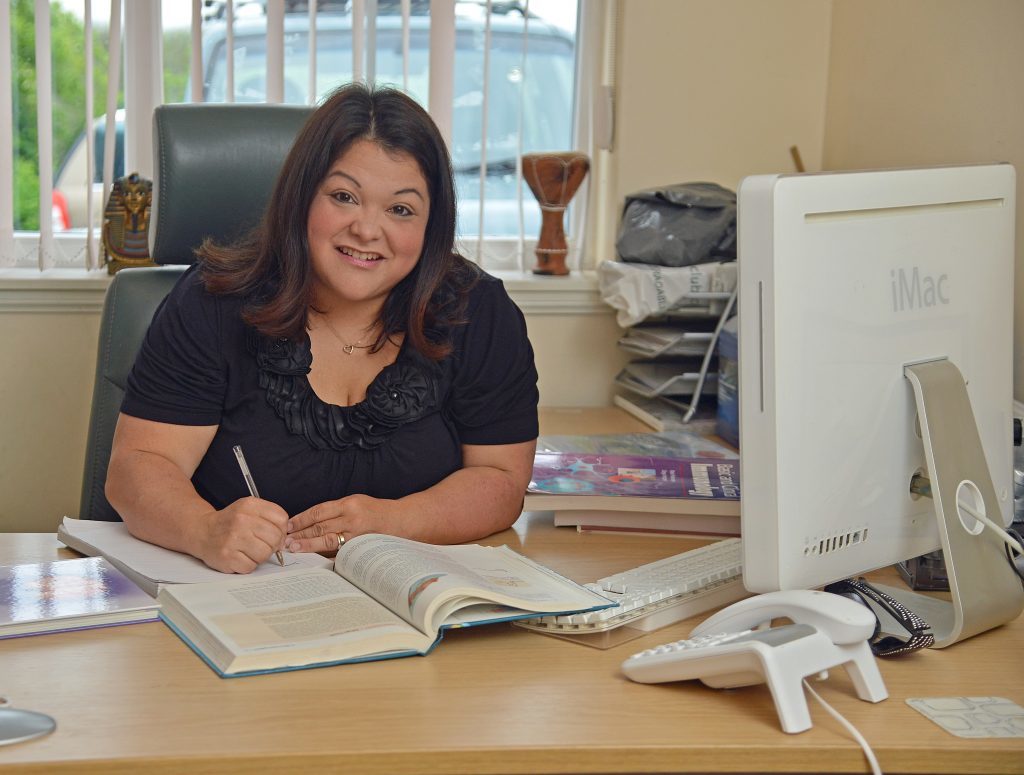
MELISSA QUINN is one in six billion.
The 16-year-old has a chromosome disorder so rare, doctors can’t find anyone else in the world with the same problem.
They ended up calling it “Melissa’s Condition”, as they had no other name for the range of learning disabilities caused when a part of one of her chromosomes was somehow deleted while she was still forming.
It took years of medical investigations, scans and assessments to find out what was wrong.
It’s left her with the mental abilities of a toddler.
Our genetic information is contained in 46 structures called chromosomes. Sometimes a missing or extra chromosome causes conditions or illnesses, like Down’s Syndrome which is caused when there’s an extra chromosome.
It’s very rare for part of a chromosome to be missing, a situation known as microdeletion.
In Melissa’s case there has been a microdeletion in number 13 chromosome. At the time she was diagnosed, her doctors hadn’t found any other cases of it anywhere else in the world.
She was just a baby when mum Gillian realised something was wrong.
“She didn’t feed straight away, which I thought was strange. She seemed like the ideal baby though, she was very relaxed and slept lots, but I knew something wasn’t right.
“Then she kept missing her milestones,” recalls Gillian, 40.
Melissa didn’t start speaking until she was nearly three and wasn’t walking until she was four. But while medics searched for an explanation, they couldn’t find any.
“All the tests she came back ‘normal’. The doctors couldn’t figure it out, so they just started calling it ‘Melissa’s Condition’.
“We came to accept that it’s just the way she is. She’s special.”
The news that her condition is linked to the microdeletion of number 13 chromosome came as some relief to Gillian and husband James, of Gorebridge in Midlothian.
Now she had an answer to what was wrong with Melissa, Gillian decided to follow her dream and start studying for an MSc in biomedical science.
But she had barely started when Melissa deteriorated dramatically.
“It was a really challenging time,” recalls Gillian, who by that time was also juggling looking after toddler Katie, her third child. “Melissa would kick out at things. There were times I thought I just couldn’t continue studying and looking after everyone.
“We didn’t realise that Melissa had autism as well as everything else. And it really kicked off when she hit puberty.”
It was a massive blow to Gillian, who had set her heart on pursuing her studies. “Melissa would lash out for no reason, she’s quite strong and she’d suddenly just kick off and start attacking us.
“It was really hard to keep studying with all of that going on.”
Although she also had three other children to cope with, including James jnr, who is 18, Katie, six and Shannon, aged three, Gillian forced herself to keep going.
Now she’s completed her MSc in Biomedical Science at Napier University in Edinburgh, and is aiming for extra qualifications that will enable her to work as a biomedical scientist within the NHS.
“It’s been hard, financially as well as everything else, but my husband has been a tower of strength and helped me through,” she says.
“My motto is ‘where there’s a will, there’s a way’.
“And never give up.”
READ MORE
Rare Landau Kleffner syndrome trapped our boy
Hypermobility condition Marfan Syndrome meant Shona had to have spinal surgery

Enjoy the convenience of having The Sunday Post delivered as a digital ePaper straight to your smartphone, tablet or computer.
Subscribe for only £5.49 a month and enjoy all the benefits of the printed paper as a digital replica.
Subscribe